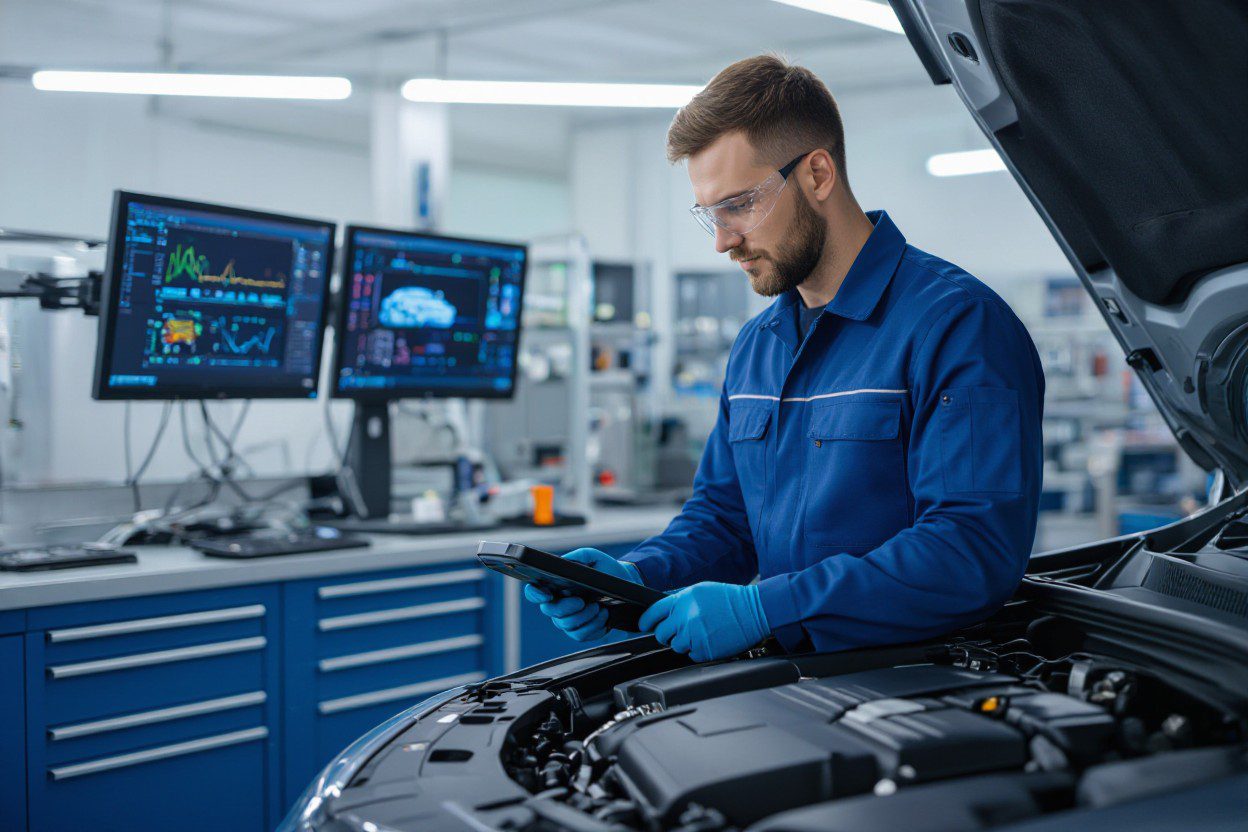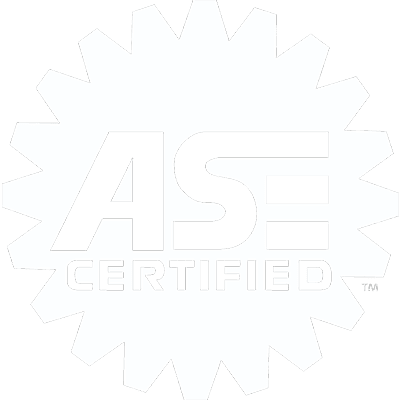It’s wise to book car diagnostics service at Aloha Auto Repair so you can detect issues early, understand fault codes, and get a clear repair plan; you’ll receive professional analysis, transparent pricing, and guidance to keep your vehicle safe and efficient.

The Crucial Role of Routine Diagnostics in Vehicle Maintenance
On average, an OBD-II scan reveals 3–5 fault codes per check; at Aloha Auto Repair that means you catch oxygen sensor drift, intermittent misfires, or charging-system faults before they escalate. Regular checks every 6–12 months let you book car diagnostics service to cut unscheduled repair costs by as much as 30% and avoid roadside failures, keeping your vehicle reliable between scheduled services.
Preventative Benefits of Early Detection
Detecting a failing mass airflow sensor or small coolant leak early often saves you hundreds: sensor replacement typically runs $150–$300, whereas collateral damage like a failed catalytic converter or head gasket can exceed $1,000–$2,500. By scheduling diagnostics at the first irregularity you limit part-to-part damage and reduce labor hours from major repairs.
How Diagnostics Extend Vehicle Lifespan
Monitoring oil pressure trends, coolant-temp spikes, and transmission shift timing uncovers wear patterns that, when corrected, slow component degradation; proactive fixes have been shown to extend engine and transmission life by 20–40% in fleet studies. You preserve resale value and postpone costly replacements by addressing small faults early.
Aloha Auto Repair logged a case where a customer booked car diagnostics service after a faint misfire code; technicians found a slow coolant leak and degraded spark plugs—repairing both within 48 hours prevented a cracked head and saved the owner an estimated $2,500 in repairs while adding several years to the vehicle’s usable life.
Full car diagnostic test
A full car diagnostic test at Aloha Auto Repair includes an OBD-II scan, live data logging, battery and alternator load tests, smoke testing for intake and vacuum leaks, and pressure checks for cooling and fuel systems—giving you a comprehensive snapshot so you can prioritize repairs and keep maintenance costs predictable.
Decoding Diagnostic Tools: What’s Under the Hood?
You benefit from a toolbox that pairs OBD‑II scan tools, CAN‑bus analyzers, oscilloscopes and smoke testers to isolate faults quickly; OBD‑II has used a 16‑pin DLC since 1996 and many modern vehicles contain 30–70 control modules, so when you book car diagnostics service at Aloha Auto Repair we capture live data, freeze‑frame, and module‑level codes to pinpoint root causes instead of guessing.
Exploring On-Board Diagnostics (OBD) Systems
OBD‑II standardizes diagnostic trouble codes (P0000–P9999) and offers PIDs like RPM, MAF, O2 voltage and misfire counts; the 16‑pin DLC exposes Mode 1–9 data plus Mode 6 and readiness monitors, while EOBD/OBD‑II parity applies to Euro cars since ~2001—so you can pull freeze‑frame snapshots and continuous logs that show exactly when a fault occurred and under what load or temperature conditions.
The Differences Between Professional and DIY Diagnostic Tools
Basic readers and Bluetooth ELM327 adapters ($20–$200) reveal generic codes and simple live PIDs, but professional scanners (Snap‑on, Autel, Bosch; $1,500–$10,000+) provide bi‑directional control, guided diagnostics, module coding, ECU reprogramming, oscilloscope inputs and manufacturer‑level access for functions like TPMS relearn, DPF regen and ABS actuations, so you get actionable repair steps rather than a vague error code.
Aloha Auto Repair once diagnosed an intermittent P0303 misfire with a pro tool that showed cylinder‑specific misfire counts (cylinder 3: 12 misfires/min) and ignition dwell anomalies; a generic reader only returned P0300, which would have led you to swap parts unnecessarily—using pro diagnostics saved labor and parts by directing a coil pack replacement instead of a full intake teardown.
Full car diagnostic test
A full car diagnostic test at Aloha Auto Repair includes a complete ECU scan of all modules, battery and charging checks, live‑data road logging, freeze‑frame analysis, and a smoke test for vacuum/leak detection; the procedure typically takes 45–90 minutes and produces a detailed report so you can decide repairs with clear evidence when you book car diagnostics service.
The Process of Booking a Car Diagnostics Service — Aloha Auto Repair Guide
To book car diagnostics service at Aloha Auto Repair, use the 24/7 online scheduler or call during business hours to secure same-day or next-day slots; most diagnostic appointments are scheduled in 45–90 minute windows and availability often opens within 24–48 hours. You’ll provide your vehicle make, model, VIN and a brief symptom list so the technician arrives prepared, and you can choose whether to wait, drop off, or receive text updates while the scan and inspection proceed.
Full car diagnostic test
A full car diagnostic test at Aloha Auto Repair covers an OBD-II scan, live-data analysis, battery and charging checks, ABS/airbag module reads where applicable, and a 12-point visual systems inspection; typical turnaround is under 2 hours and you’ll receive a detailed report with fault codes, probable causes, and a repair estimate.
Navigating the Scheduling Landscape: In-person vs. Mobile Services
Choosing in-person service gives you access to lifts, chassis inspection, and manufacturer-level scanners for deeper troubleshooting, while mobile diagnosis offers convenience—techs can perform OBD-II scans and basic tests at your home or workplace in 30–60 minutes; you should weigh the need for advanced equipment against the value of on-site convenience when you book.
What to Expect During a Diagnostic Appointment
Technicians will verify your VIN and service history, hook up a scanner to read stored and pending codes, and run live-data checks while reproducing the fault if possible; expect a visual inspection, a short test drive for intermittent issues, and a written or emailed estimate listing codes (e.g., P0420), probable causes, and recommended repairs, with diagnostic fees applied or waived if you proceed with repairs.
During diagnostics you can ask the tech to demonstrate live data—fuel trims, O2 sensor voltages, or misfire counts—so you see how readings change under load; for example, a P0301 misfire code often leads to coil and spark plug tests, compression checks, and injector flow verification. Aloha Auto Repair documents findings with photos and code definitions, timestamps each test, and flags safety-related items first, giving you transparent options with cost estimates and time-to-repair projections.
Interpreting the Results: What Do Diagnostic Codes Mean? — Aloha Auto Repair
After you book car diagnostics service at Aloha Auto Repair, the scanner returns OBD-II codes (e.g., P0300, P0420, P0171) plus freeze-frame data showing RPM, coolant temp and fuel trims at fault time; technicians match codes to live data and test drives to separate sensor faults from mechanical issues, lowering misdiagnosis risk and unnecessary parts replacement.
Common Error Codes and Their Implications
P0300 indicates random misfires that can damage a catalytic converter; P0171/P0174 show lean conditions often from vacuum leaks or a failing MAF sensor; P0420 flags catalytic efficiency below threshold and may mean an O2 sensor ($100–$300) or converter replacement ($400–$1,200); P0128 suggests thermostat failure affecting warm-up and fuel economy.
Making Informed Decisions Based on Diagnostic Feedback
Combine code context, live-data trends and vehicle history to decide repair urgency: an active P0301 with rising misfire counters and high fuel trims often merits injector testing or compression checks, while a pending P0442 evap code might be monitored after a $40 gas-cap check; ask for data logs and a written repair priority list.
Insist on documented scans and the technician’s reasoning—Aloha Auto Repair typically records misfire counts, O2 voltages and fuel-trim graphs during a 30–60 minute inspection plus a short road test; that evidence helps you compare estimates, opt for warranty-backed parts, or monitor a minor issue over 1,000–2,000 miles before committing to a costly repair.
Full car diagnostic test
A Full car diagnostic test at Aloha Auto Repair includes a complete OBD-II scan, module checks (ABS, airbag, transmission), live-data logging and a printout you can review; typical turnaround is under an hour and provides the data you need to prioritize repairs and validate quotes when you book car diagnostics service.
The Financial Upside: Understanding the Cost-Benefit of Diagnostic Services
Typical scan fees run $80–$120 for a basic OBD-II read; a more thorough full system check at Aloha Auto Repair is $150–$350. If you book car diagnostics service early, you can avoid cascading failures—what starts as a $200 sensor swap often prevents a $1,000+ component replacement—so the diagnostic fee often pays for itself in avoided labor and parts within months.
Weighing Potential Repair Costs Against Diagnostic Fees
Paying $90–$150 for diagnostics can reveal whether the needed repair is a $150 oxygen-sensor replacement or a $2,000 transmission rebuild; you can then choose targeted repairs, second opinions, or phased fixes. Use the diagnosis to get firm quotes from Aloha Auto Repair and compare costs rather than guessing and risking unnecessary part replacements that inflate your bill.
How Diagnostics Can Save You Money in the Long Run
Diagnostics identify early symptoms like misfires, lean conditions, or fuel-trim abnormalities that cut fuel economy by 2–4 mpg; correcting these at a $200–$400 cost can save you $300–$700 a year if you drive 12,000 miles. Catching issues early also preserves catalytic converters and engines—replacing a converter can run $800–$2,500, so a modest diagnostic investment prevents much larger expenses.
Aloha Auto Repair logged a case where a CEL for misfire led to a $180 ignition-coil replacement instead of a later $1,400 catalytic-converter swap caused by prolonged unburned fuel—diagnostics turned a potential $1,400+ job into a sub-$200 fix. You benefit from documented error codes and live-data trends that let technicians recommend cost-effective fixes, staged repairs, or warranty checks rather than guesswork.
Full car diagnostic test
A full car diagnostic test at Aloha Auto Repair scans every module, reads freeze-frame data, checks live sensor outputs, and flags pending faults; priced $150–$350, it gives you a comprehensive repair roadmap so you can prioritize fixes, budget accurately, and avoid repeat shop visits that add labor costs and downtime.
Conclusion — Aloha Auto Repair Diagnostic Summary
Full car diagnostic test
On the whole you can rely on Aloha Auto Repair when you book car diagnostics service; their skilled technicians give precise findings, explain your options, and set clear repair priorities so you can make informed decisions and keep your vehicle safe and reliable.
FAQ
Q: How do I book car diagnostics service at Aloha Auto Repair?
A: To book car diagnostics service with Aloha Auto Repair you can call our shop, use our online booking form, or stop by in person. Have your vehicle make, model, year, VIN, and a brief description of symptoms ready. We’ll confirm appointment availability, estimated diagnostic time, and any required drop-off instructions.
Q: What does a Full car diagnostic test include at Aloha Auto Repair?
A: A Full car diagnostic test includes a computerized scan of onboard systems (engine, transmission, ABS, airbags, body control modules), live data logging, battery and charging inspection, visual checks of wiring and connectors, and road-test verification when needed.
Q: How long should I expect the diagnostic appointment to take?
A: Most diagnostic appointments range from 60 to 120 minutes depending on complexity. Simple code reads and resets may take under an hour; intermittent or multi-system faults can require extended testing or follow-up visits.
Q: How much does it cost to book car diagnostics service at Aloha Auto Repair?
A: Diagnostic fees vary by vehicle and issue complexity. Standard scan and report fees are quoted at booking; if additional testing or module reprogramming is needed we’ll notify you before proceeding.
Q: Will booking a diagnostic service guarantee my problem will be fixed right away?
A: Booking diagnostics identifies error codes and the most likely causes, but some issues require parts, further testing, or specialist consultations. After the Full car diagnostic test we’ll present repair options, timelines, and costs.
Don’t wait until a small issue turns into an expensive repair — book car diagnostics service with Aloha Auto Repair today. Our trusted technicians will quickly identify problems and keep your vehicle running smoothly, saving you time and money. Schedule your appointment now and drive with confidence!
Also read:
Digital Car Inspection: Revolutionizing Your Vehicle Maintenance with Aloha Auto Repair
Auto Maintenance: Keeping Your Vehicle in Top Shape
Expert Cars Automotive Repair with Aloha Auto Repair: Keep Yours Running Like New






